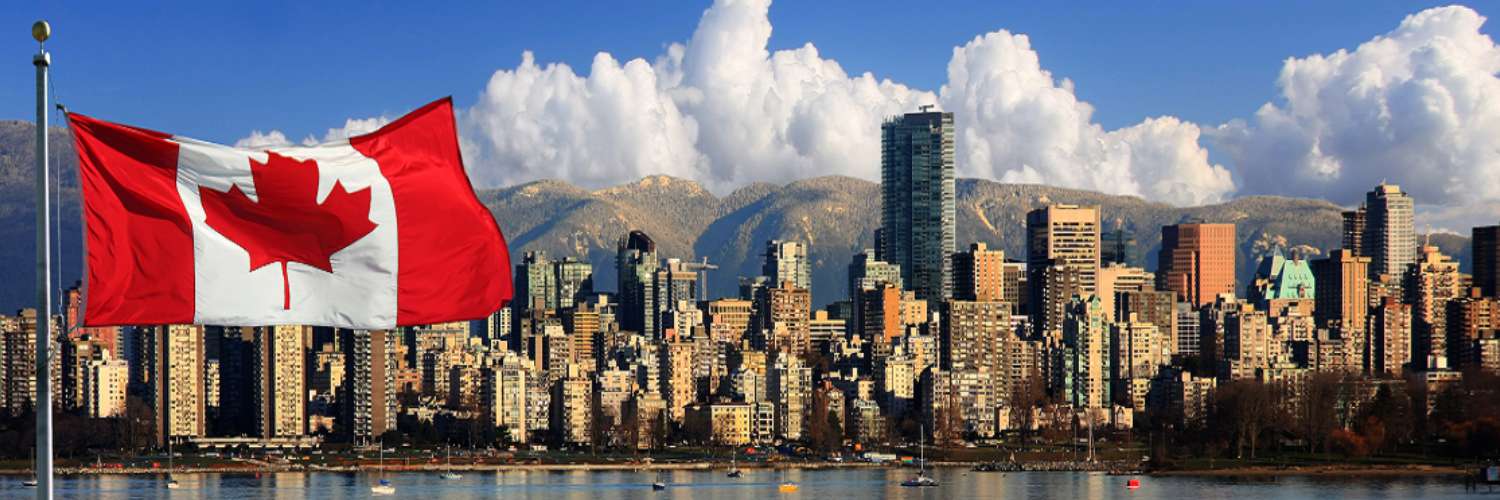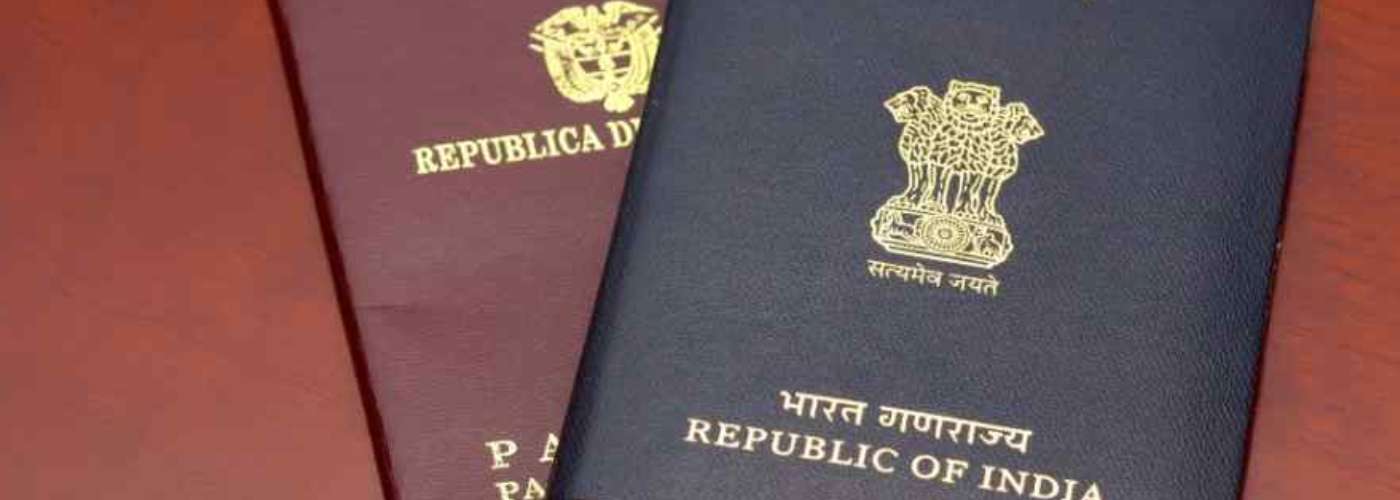Overview
The word asylum is Latin and derives from the Greek word ‘Asylia’ which means inviolable place. The term is referred to those cases where the territorial state declines to surrender a person to the requesting State and provides shelter and protection in its own territory. Thus, asylum involves two elements. Firstly, a shelter which is more than a temporary refuge; and secondly, a degree of active protection on the part of the authorities in control of the territory of asylum. These two elements distinguish asylum from that of immigration. A person enjoying asylum may be referred to as an asylee. There is a difference between Asylum and refugee status. Refugees are the categories of individuals who directly benefit from the protection granted whereas Asylum is the institution under which protection is sought. Let us take a holistic approach towards understanding asylum in India – The Legal Framework.
Legal Basis of Asylum in India
India does not have specific laws in place to grant refuge or asylum. An individual claiming refuge or asylum is protected by the Constitution of India in the absence of any domestic legislation. In the event the Government of India does not protect the status of the asylum seeker, they get the status of the refugee from the United Nations High Commissioner for Refugees (UNHCR).
Although India is not a signatory to the 1951 Refugee Convention or its 1967 protocol, asylum and refuge is granted in consultation with the Passport (Entry of India) Act, 1920, The Passport Act, 1967, The Registration of Foreigners Act, 1939, The Foreigners Act, 1946, and The Foreigners Order, 1948. In the absence of any specific legislation, the international treaties are treated as customary international laws as far as they do not interfere with the local laws. This is further echoed in Article 51 (c) of the Constitution of India, which recommends respecting the international law and the treaties.
Kinds of Asylum:
There are particularly two types of asylums –
A. Territorial Asylum
When asylum is granted by a State on its territory, it is called territorial asylum. The rights of the State to grant territorial asylum flows from the fact that every State exercises territorial sovereignty over all persons. The grant of territorial asylum, therefore, depends upon the discretion of a State which is not under a legal obligation to grant asylum to the person asking for it. On 14th December 1967, General Assembly adopted ‘Declaration of Territorial Asylum’ through the adoption of the resolution. The declaration consists of a Preamble and four Articles dealing with the principles relating to the grant of asylum and refusal to grant the asylum. This Declaration provides that the right to seek and enjoy asylum may not be invoked by any person against whom there are serious reasons for considering that he has committed a crime against peace or against humanity. According to article 4 of the declaration, the State granting asylum shall not grant asylum to such persons who have received asylum for any activity which is against the principles of the United Nations. The grant of asylum cannot be exercised in respect of international crimes including genocide.
Dalai Lama and his followers have been granted territorial asylum by the Govt. of India.
B. Extra-Territorial Asylum
When asylum is granted by the State at places outside its own territory, it is known as ‘extraterritorial asylum’. It is in generally those cases where State refuses to surrender a person demanding who is not upon its own physical territory but is upon one of its public ships lying in foreign territorial borders or upon its diplomatic premises within foreign territories.
i. Diplomatic Asylum:
International law does not recognize a right to grant asylum in the premises of legation. But still, such asylum can be granted in following exceptional cases –
- A person who is physically in a danger of violence.
- In cases when there is binding local custom.
- When there is a special treaty between the territorial state and the state of legation concerned.
ii. Asylum in consular premises:
Asylum can also be granted in consular premises.
iii. Asylum in the premises of international institution:
International laws do not recognize any provision or rule regarding granting of asylum in the premises of international institutions, but still, temporary asylum can be granted in case of danger.
iv. Asylum in warships:
There are conflicting views on this topic, but it is argued that asylum can be granted to political offenders. Asylum in warships can be granted on the basis of humanity, in cases of extreme danger to the individual seeking it.
v. Asylum in Merchant Vessels:
Merchant’s vessels do not enjoy immunity from local jurisdiction, they are competent to grant asylum to local offenders. There is, therefore, a rule that asylum is not granted on a Merchant Vessel. However, State may grant asylum if they conclude a treaty to its effect.
Thus, in Extraterritorial or diplomatic Asylum, asylum can be granted in exceptional cases and it is necessary to establish a legal basis in each case.








